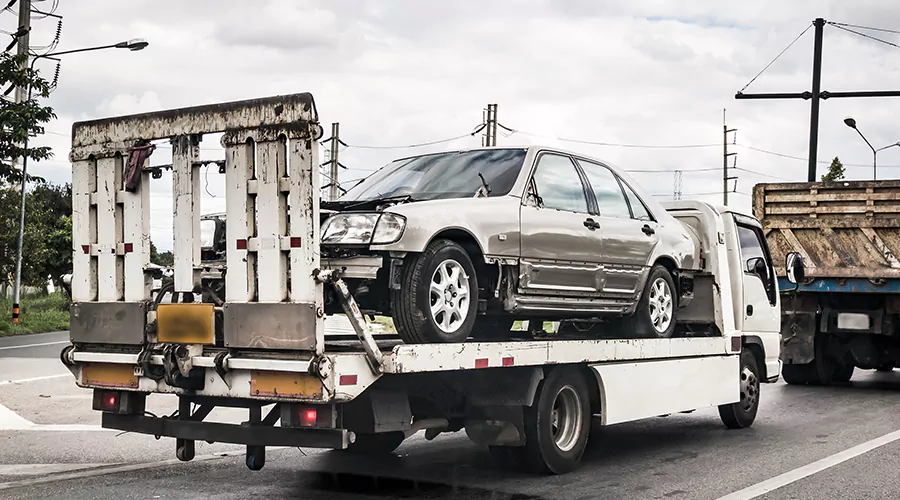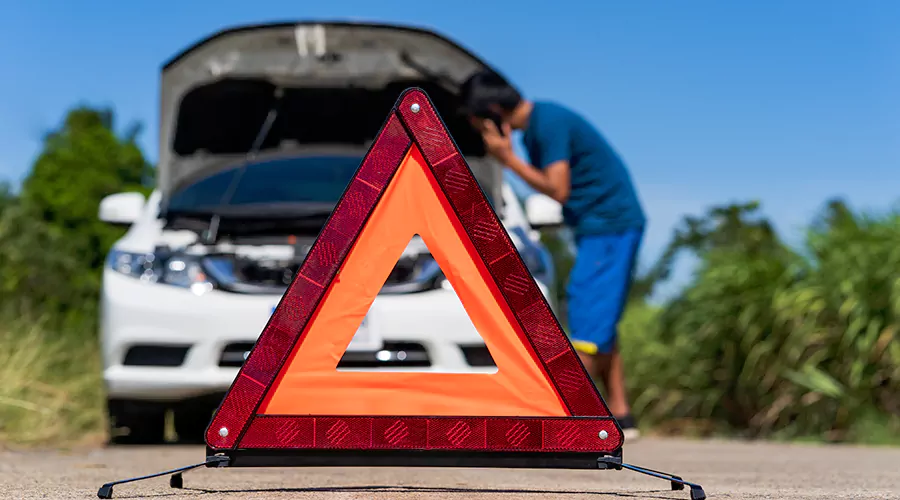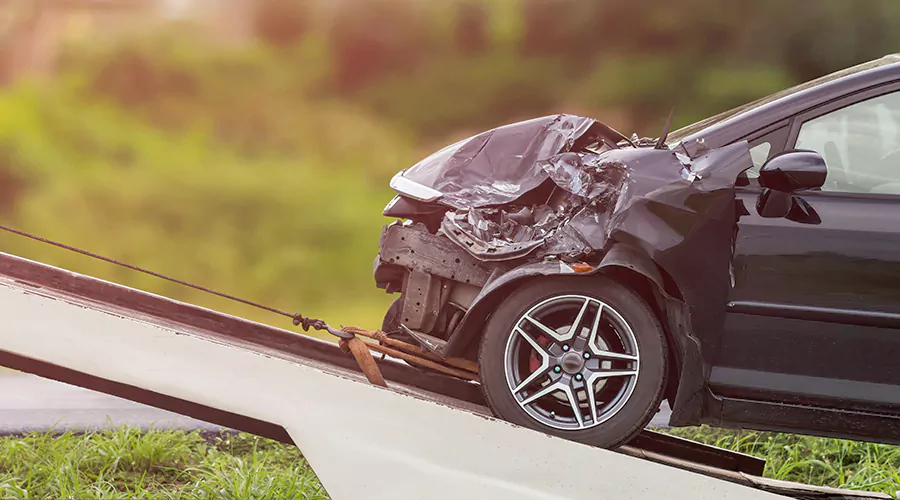Understanding Tow Truck Licensing and Insurance Requirements
Tow truck operations involve specific licensing and insurance requirements to ensure compliance with regulations and protect against liabilities. This guide outlines the key aspects of licensing and insurance for tow trucks.

Licensing Requirements
1. Tow Truck Operator License
Many states require tow truck operators to obtain a specific license or certification. This may involve passing written and practical exams and meeting other qualifications.
-
State Regulations: Research the licensing requirements in your state to ensure compliance.
-
Training Programs: Consider enrolling in training programs that prepare you for licensing exams and provide the necessary skills.
2. Vehicle Licensing
Tow trucks must be registered and meet local vehicle requirements. Ensure that your tow truck is properly registered and has all necessary permits.
-
Registration: Complete the vehicle registration process and obtain any required permits.
-
Inspection: Ensure the tow truck passes all required inspections and meets safety standards.
Insurance Requirements
1. Liability Insurance
Liability insurance is essential for covering damage or injuries caused by towing operations. This insurance typically includes coverage for bodily injury and property damage.
-
Coverage Limits: Review and understand the coverage limits and exclusions of your liability insurance policy.
-
Policy Selection: Choose an insurance policy that meets your needs and complies with state regulations.
2. Cargo Insurance
Cargo insurance covers damage to vehicles being towed. This type of insurance is important for protecting against losses or damage to towed vehicles.
-
Coverage Details: Verify that your cargo insurance policy covers the types of vehicles you typically tow and any specific risks associated with your operations.
- Claim Process: Understand the process for filing claims and reporting damages to ensure prompt resolution.
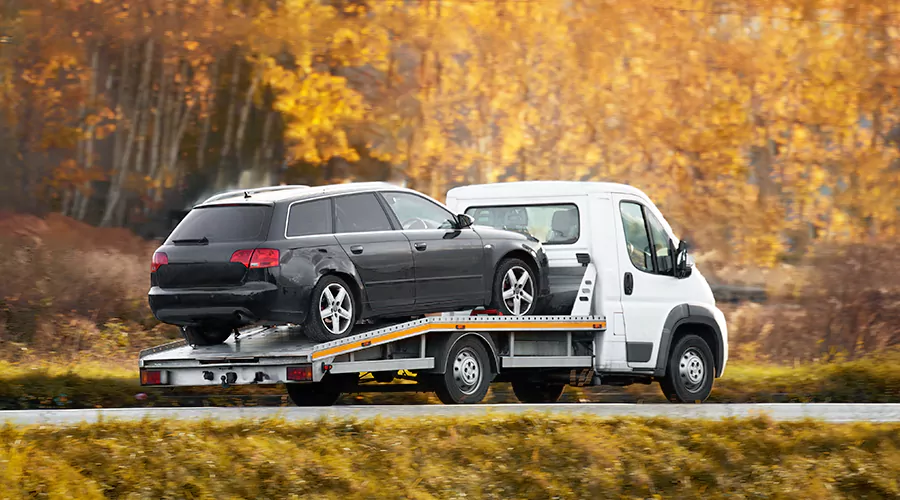
3. Additional Coverage
Consider additional insurance coverage options, such as comprehensive and collision insurance, to further protect your tow truck and operations.
-
Comprehensive Insurance: Covers damage to your tow truck from non-collision events, such as theft or natural disasters.
-
Collision Insurance: Provides coverage for damages to your tow truck resulting from collisions.
Compliance and Best Practices
1. Regular Review
Regularly review and update your licensing and insurance to ensure compliance with changing regulations and to address any changes in your operations.
-
Policy Review: Periodically review your insurance policies and licensing requirements to ensure they remain current.
- Regulatory Changes: Stay informed about changes in regulations and update your licenses and insurance as needed.
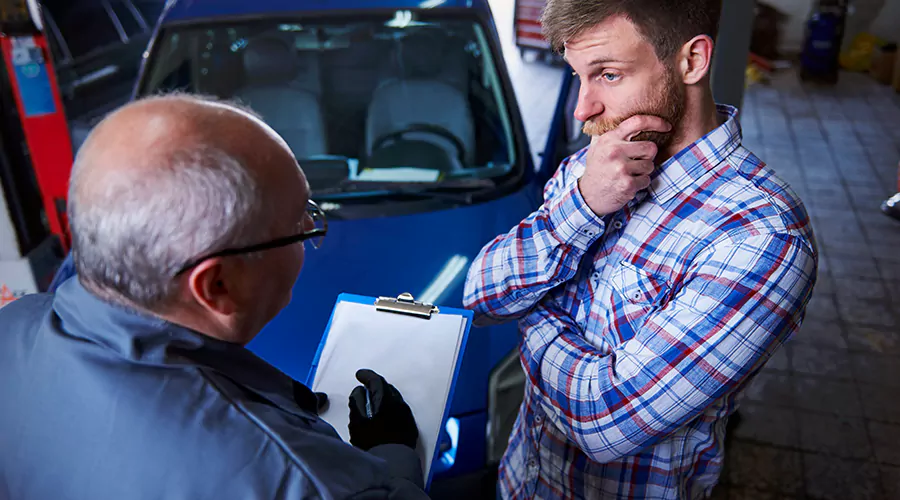
2. Record Keeping
Maintain accurate records of all licensing and insurance documentation, including renewals and updates.
-
Documentation: Keep copies of all licensing and insurance documents in a secure and easily accessible location.
-
Renewal Reminders: Set reminders for renewal dates to avoid lapses in coverage or licensing.
